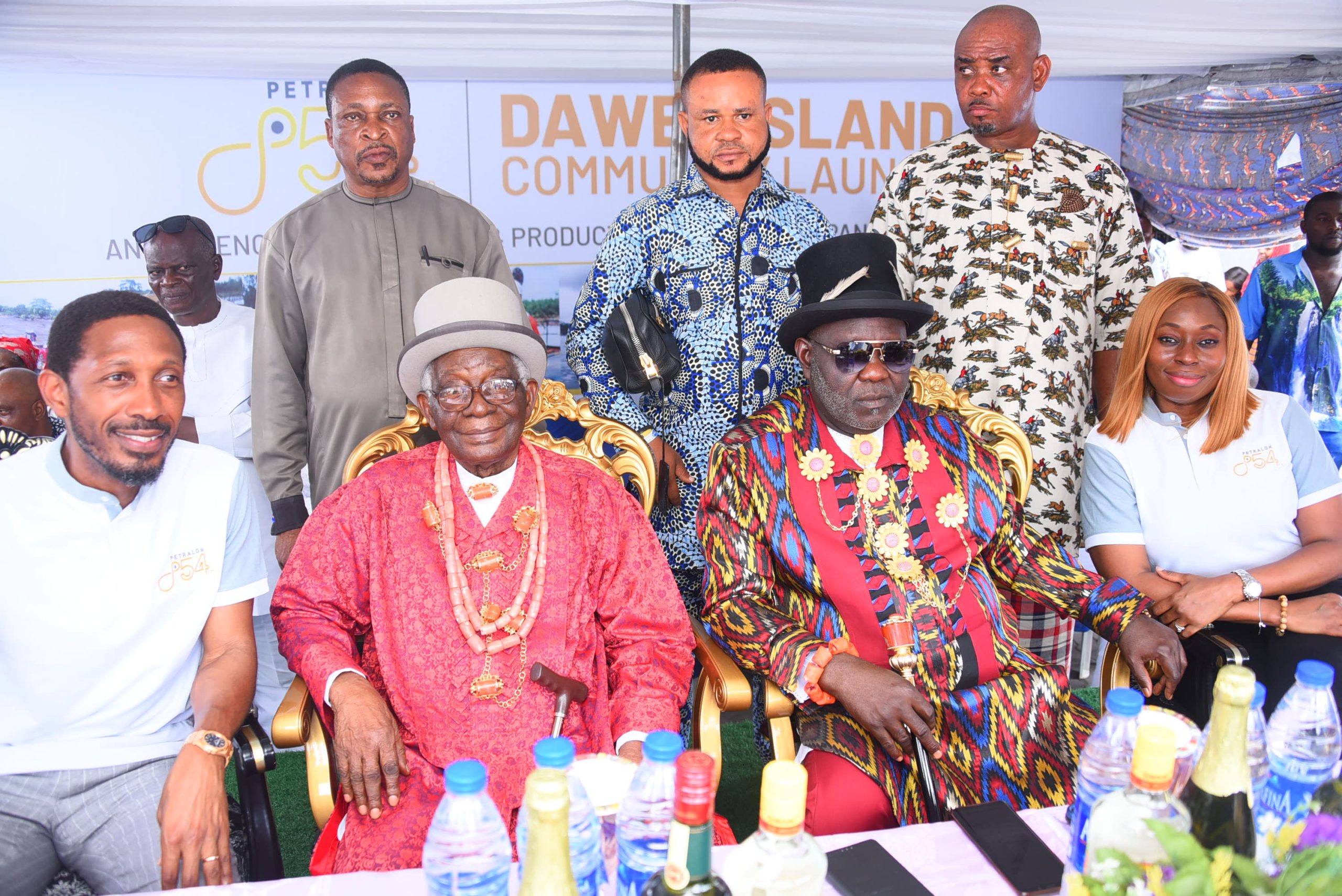Read more
VAALCO Energy delivered First Oil to the Teli floating, storage, and offloading (FSO) vessel at its Etame Field offshore Gabon on October 18, the company has revealed. The installation of the FSO had been ongoing for several months to replace the previous Petróleo Nautipa FPSO vessel operated by BW Offshore, whose contract expired in September this year. Etame is VAALCO Energy’s flagship project with a net production to the company of some 10,000 barrels of oil per day (bopd) on average. A recent extension of the production sharing contract (PSC) until 2028 paved the way for the reconfiguration of the field and a new drilling campaign. In August 2021, VAALCO Energy signed a binding letter of intent with World Carrier Offshore Services Corp. to provide and operate a FSO unit for up to eight years with additional option periods available. The agreement eventually led to the execution of a Bareboat Contract and Operating Agreement with Greece’s World Carrier Corp. to provide and operate the new Teli FSO. In doing so, VAALCO Energy expects to reduce storage and offloading costs almost 50%, lower total operating costs by approximately 17% to 20% through 2030, and increase effective capacity for storage by over 50%. In total, and once the field is reconfigured, the agreement with World Carrier is expected to lead to annual operating expense savings of around $20 to $25m over the life of the new agreement, according to VAALCO. Meanwhile the company recently extended its ongoing drilling campaign on the block from four to six wells. The Etame 8HST, Avouma 3H-ST, South Tchibala 1HB-ST, and ETBNM 2H—ST have already been drilled this year, tracking data from the Hawilti+ research terminal shows.
A series of force majeure events have been declared by oil & gas operators in the Niger Delta, leading Nigeria LNG to declare its own force majeure on product supplies from the Bonny Island LNG terminal, the company has said today. Nigeria LNG is owned by NNPC (49%), Shell Gas B.V. (25.6%), Total Gaz Electricite Holdings France (15%), and Eni International (10.4%). The company has revealed that all its upstream gas suppliers have declared force majeure following their inability to produce gas due to ravaging floods that have already displaced millions in the Niger Delta. The shut-in of gas production has caused significant disruption of gas supply to Nigeria LNG, forcing the LNG exporter to operate at limited capacity. Nigeria LNG operates six LNG trains on Bonny Island with a capacity of 22.5 million tonnes per annum (mtpa). LNG represents on average almost 10% of Nigeria’s export earnings, data from the National Bureau of Statistics shows. In addition to supplying LNG to global markets, the company is also the biggest domestic supplier of cooking gas to the Nigerian market. Most of Nigeria’s LNG is exported to Europe and Asia, with key European markets such as France, Spain, and Portugal amongst its largest buyers.


